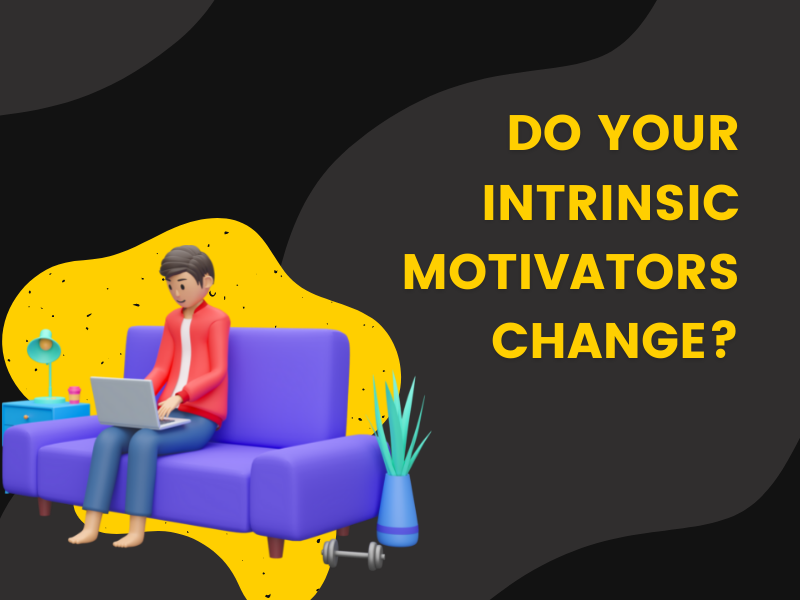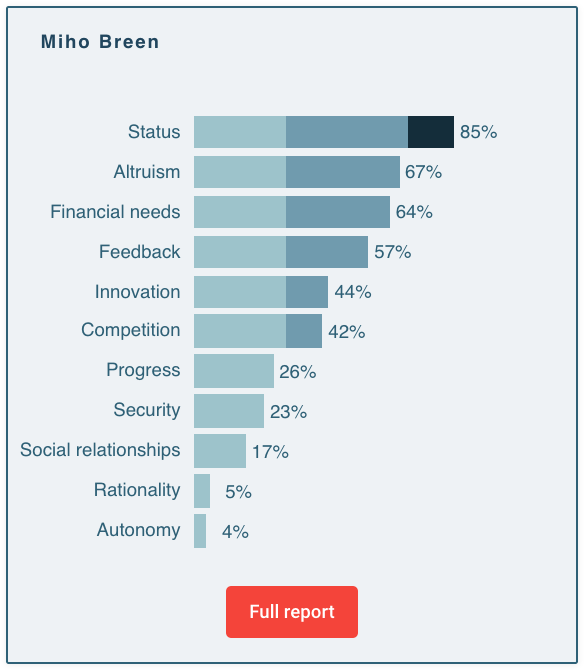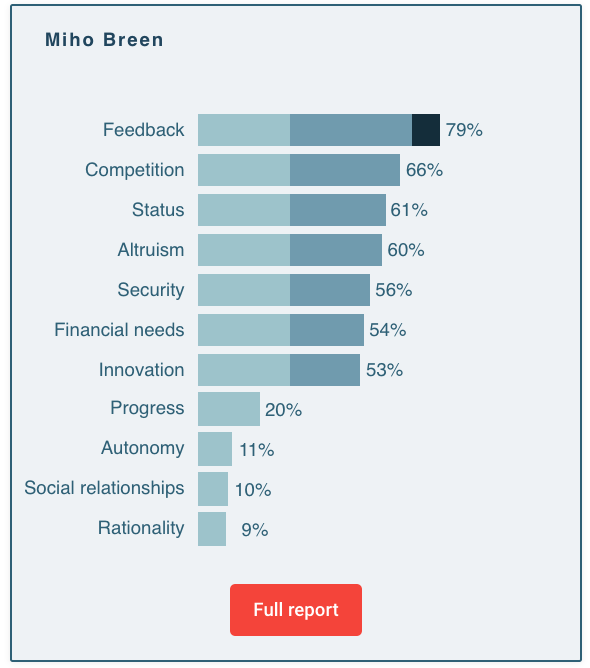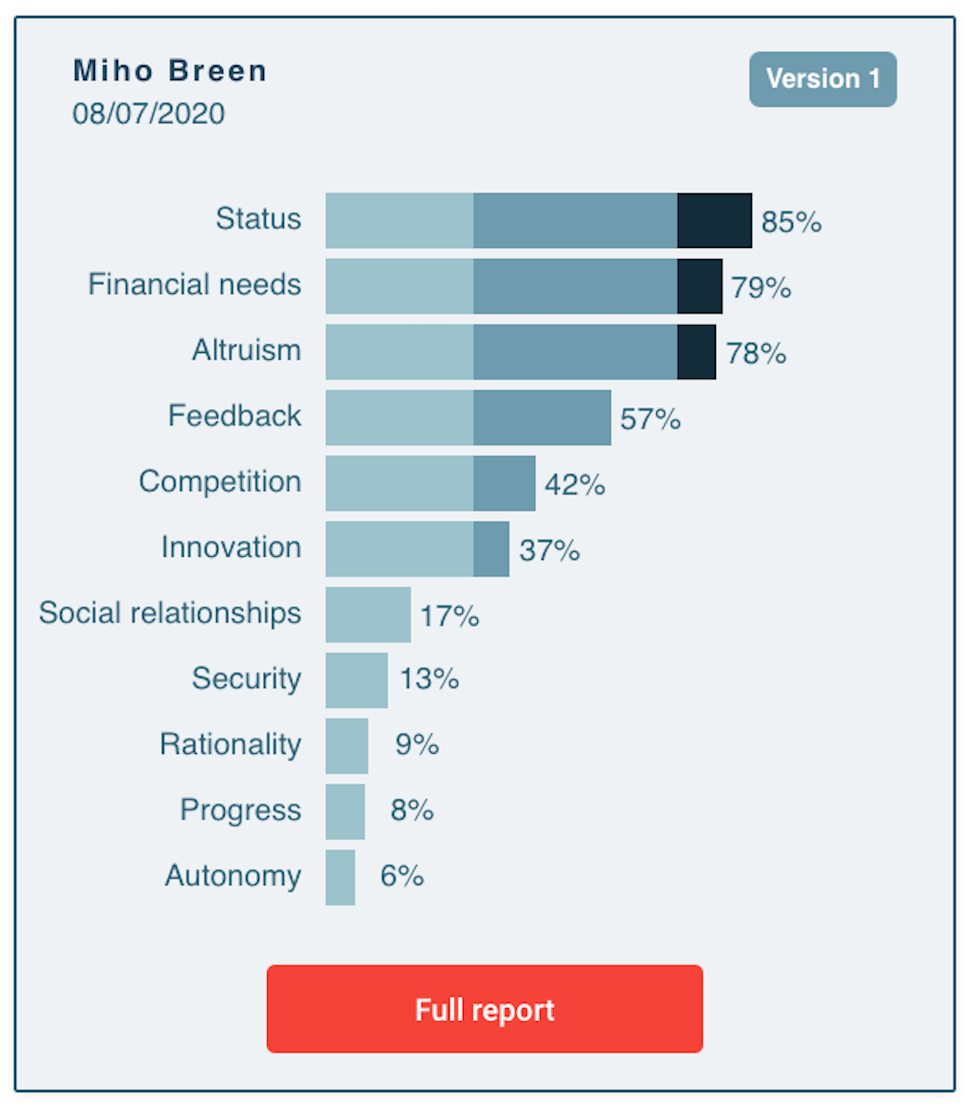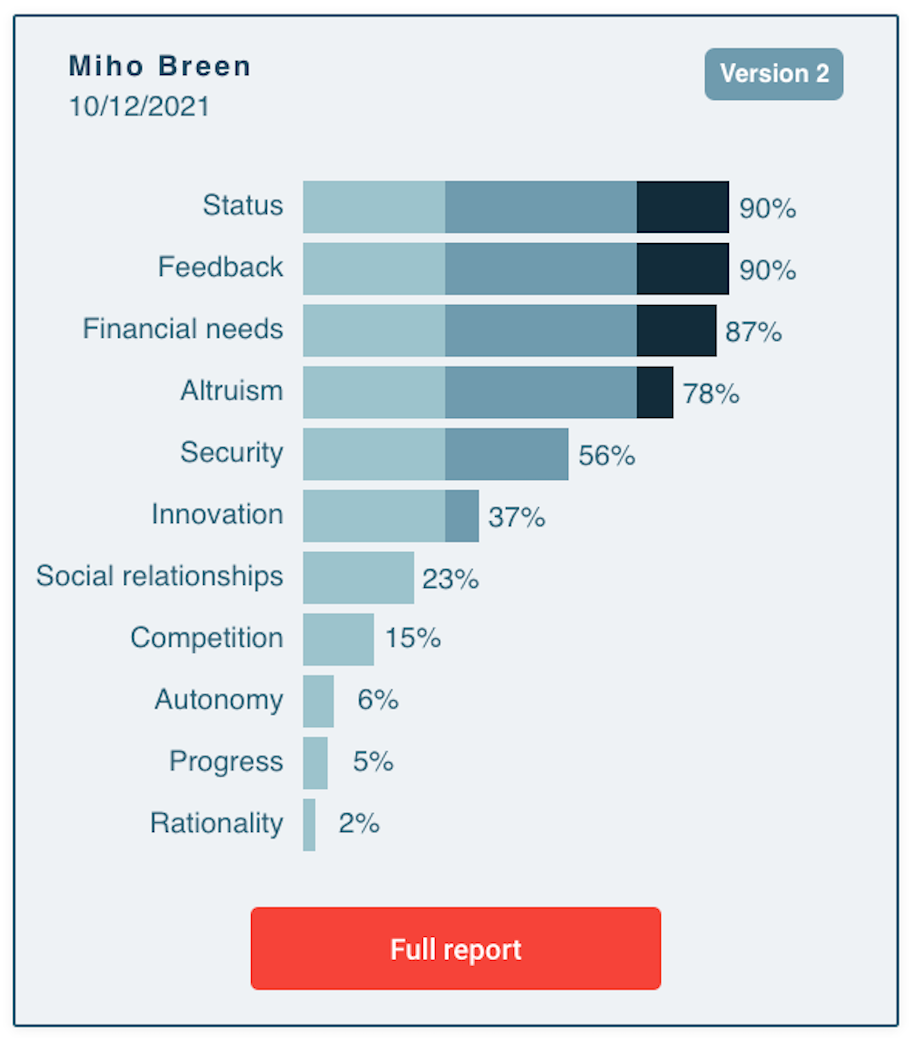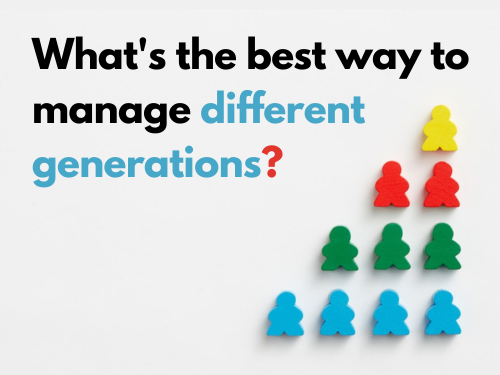Change is the only constant in life, as the old adage goes—a universal truth that the events of the past two years have firmly underlined.
But it’s not just the world and the circumstances we find ourselves in that are in a constant state of flux—people change too, of course. Indeed, in the context of Attuned, our early research suggests that people’s Motivator Profiles evolve over time in response to significant changes in both their work and their personal lives. As such, we’ve decided to introduce a new feature that reflects this: the Motivation Assessment Retake.

If you’ve used Attuned before, you’ll know that the Motivation Assessment is key to the whole process. This ten-minute, 55-question survey allows our AI-and-psychology-driven platform to determine the Intrinsic Motivators that are most important to that person, data that is then translated into a unique Intrinsic Motivator Report that is used to help develop better communication, personalize the employee experience, and ultimately make work more meaningful.
Previously, it wasn’t possible for a user to take a Motivation Assessment more than once, but now people can retake it as often as required and compare the results with previous versions, providing not only an insight into the things that are most important to that person, but also a clear view of how their personal hierarchy of motivational needs has changed over time.


